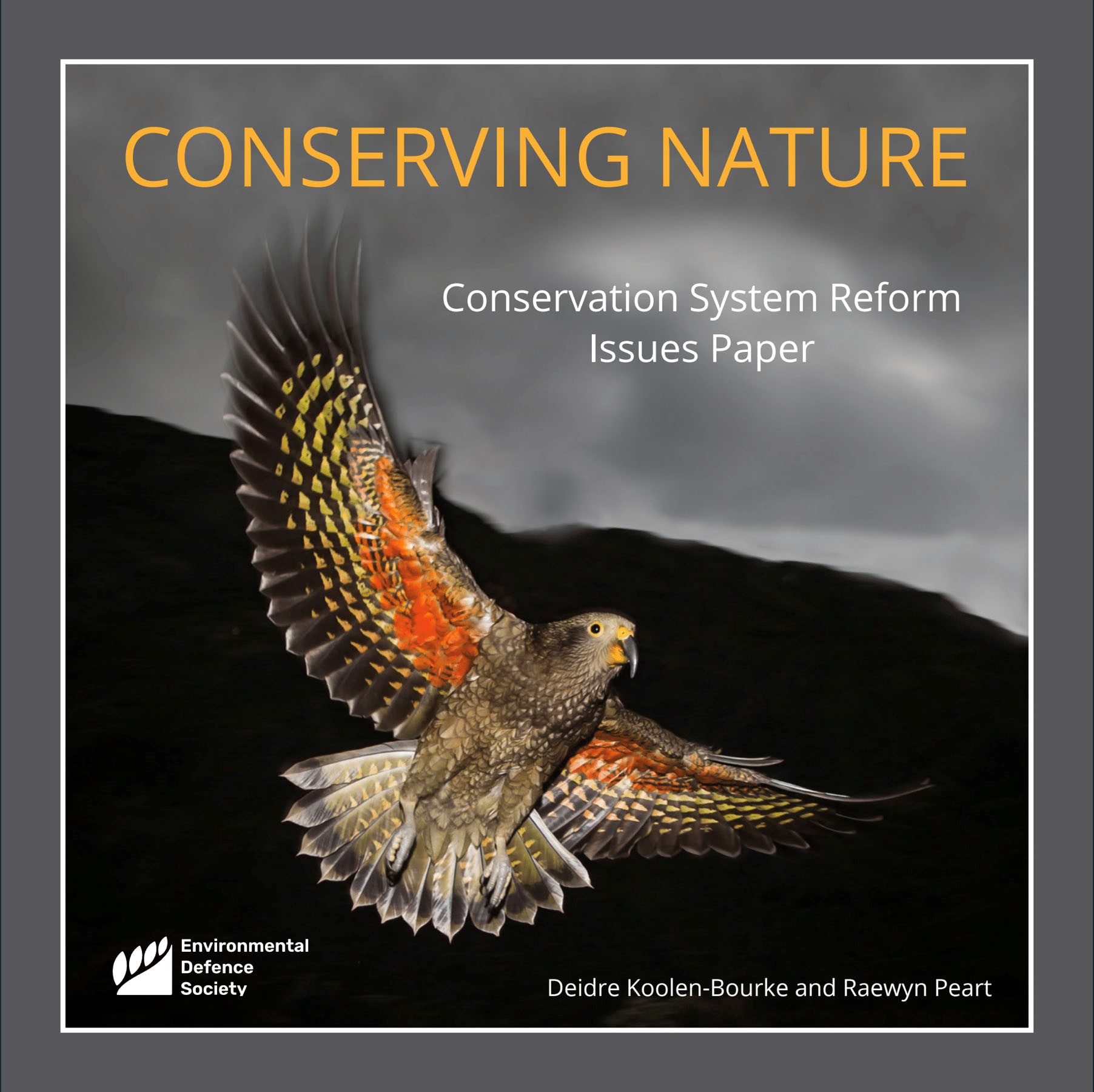Conserving Nature: Conservation Reform Issues Paper
The conservation management system is crucially important to Aotearoa New Zealand. It provides front line protection for most of the country’s remaining intact ecosystems, including the last remnants of now rare indigenous habitats and native species that rely on them for survival. It protects the environment in which mātauranga Māori evolved, which is vitally important for ensuring enduring cultural connections to land and water. The conservation system also directly supports people and communities, who use conservation spaces for aesthetic appreciation, and recreational enjoyment, and a growing conservation economy including a tourism industry supported by visitors seeking a wilderness experience.
This Report investigates the conservation system – the collection of laws, regulations, policies and institutions that are designed to conserve nature, and highlights current issues with its operation. It examines the conservation legal framework, conservation institutions, conservation planning, the management of stewardship land, concessions and species protection. It draws on an extensive literature review and numerous in-depth interviews with people directly involved in the system.
The Report concludes that there is a compelling and nationally significant need for Aotearoa New Zealand to rethink how it manages the conservation estate, threatened species and biodiversity. The conservation management and planning system is broken and needs to be fixed. Biodiversity continues to decline, despite best efforts. And the system is not designed to work in partnership with Māori
Through identifying and describing current issues with the system, this Report makes a valuable contribution to the national debate on what changes are required and how to build an effective conservation management system for the future.
